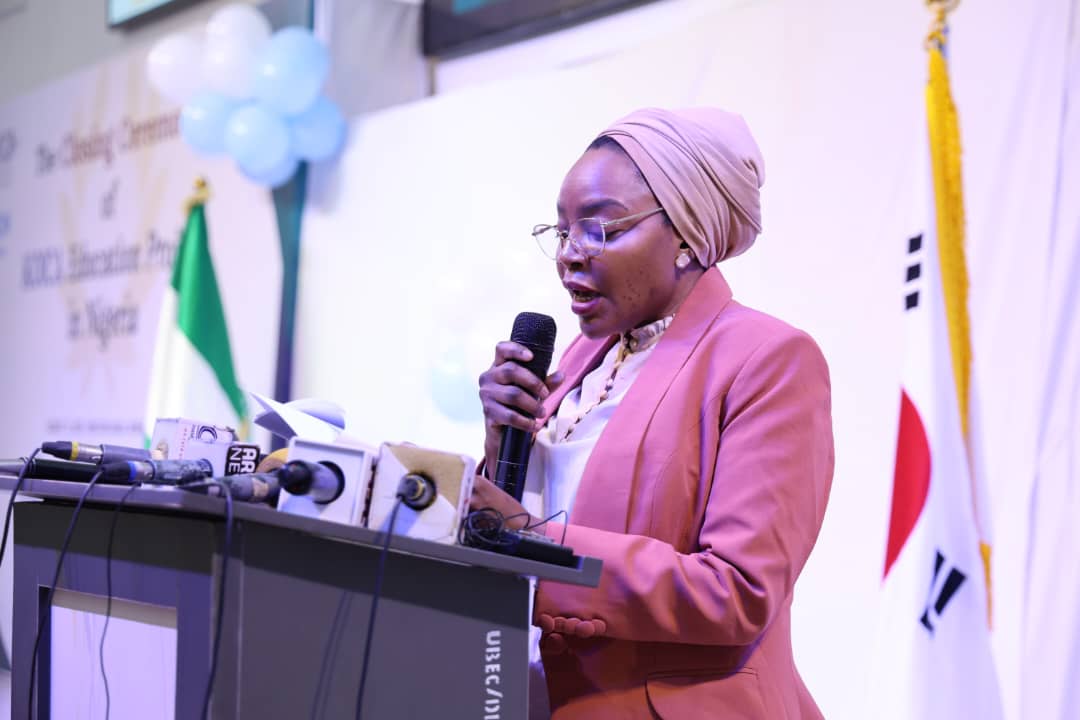The North-West, North-East, and North-Central regions have been recognized as the leading zones in accessing matching grants from the Universal Basic Education Commission (UBEC).
Following the conclusion of UBEC’s 27th quarterly meeting with chairpersons of State Universal Basic Education Boards (SUBEB) in Lagos, a communique revealed that the North-West achieved an 87.61% access rate to matching grants, with the North-East and North-Central close behind at 86.87% and 86.79%, respectively.
The statement, endorsed by Segun Ajibulu from UBEC’s Department of Educational Services, applauded these zones for outstanding achievements during the second quarter of 2025. Their strengths were noted in critical areas such as funding, quality standards, effective use of matching grants, and infrastructure improvements.
Key attendees at the meeting included Dr. Obafemi Hamzat, the Lagos State Deputy Governor; UBEC Executive Secretary Aisha Garba; and Prof. Shehu Adaramaja, Dean of SUBEB chairmen. UBEC announced that 27 states have fully utilized the 2024 Universal Basic Education (UBE) matching grant. Meanwhile, grants worth N40.03 billion remain unclaimed by 33 states and the Federal Capital Territory (FCT). In contrast, 16 states and the FCT have accessed a total of N62.65 billion in grants.
“The updated matching grant allocation formula now outlines specific permissible activities and expenditures,” the communique emphasized.
Additionally, 36 states and the FCT have drawn a combined total of N82.36 billion from the Teacher Professional Development Fund, designated for the ongoing training and retraining of educators at the basic education level.
The commission expressed concern that the lack of unified education data continues to impede effective planning, policy development, and efficient resource distribution.
Notable challenges highlighted for SUBEBs include inconsistent funding, a shortage of specialist teachers—particularly in Science, Technology, Engineering, and Mathematics (STEM) as well as Technical and Vocational Education and Training (TVET)—and underdeveloped data management systems.
The communique recommended that school renovation projects should be guided by thorough needs assessments, ensuring that supplementary facilities are added when necessary.
For larger schools in urban areas, the document advised that renovation work should be implemented in phases to accommodate budget realities.
States were also urged to enable local government education secretaries to fulfill their responsibilities effectively and to use dedicated funding lines to create robust digital platforms geared toward better data collection, processing, and analysis—key for informed policy and planning.
Another resolution proposed the creation of a real-time monitoring and evaluation dashboard for UBEC and SUBEBs, allowing stakeholders to track essential performance indicators and promote transparent reporting.
The meeting also celebrated the achievements of Lagos State’s Project Zero, which has successfully reintegrated 32,000 previously out-of-school children into the classroom environment.
“In the second quarter of 2025, SUBEBs across all six geopolitical zones made remarkable progress in improving access, educational quality, financing, planning, and data management in basic education,” the communique noted.
It was further emphasized that ongoing advocacy and engagement campaigns are vital for reducing the population of out-of-school children and ensuring lasting improvements in basic education nationwide.










